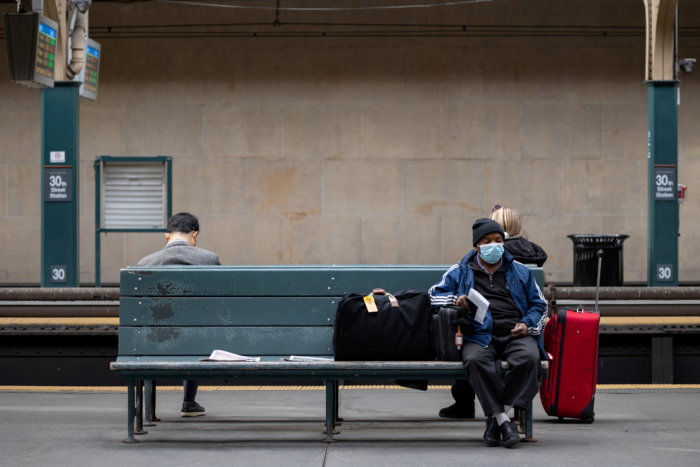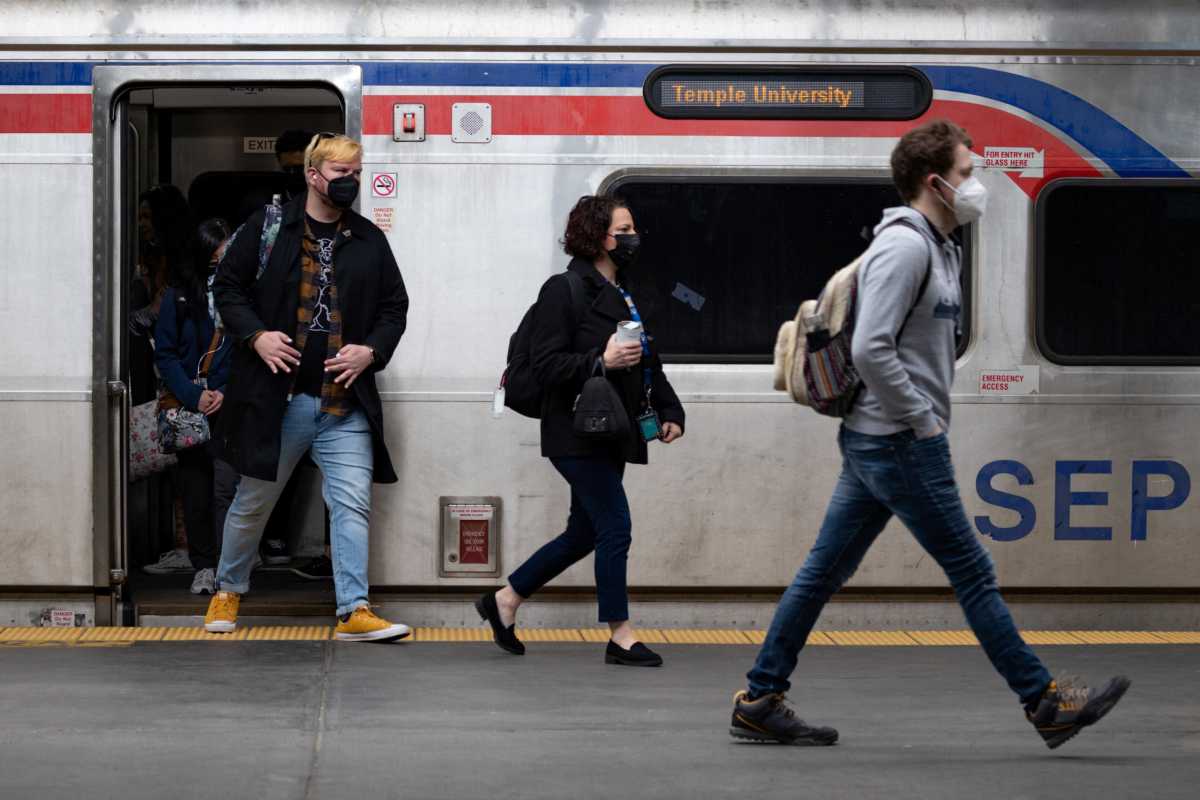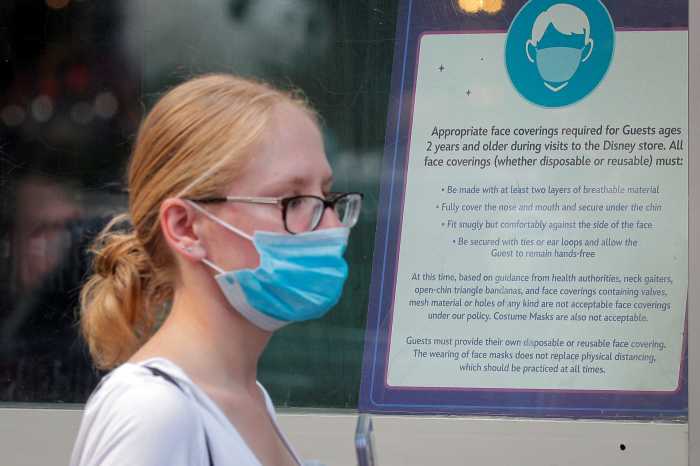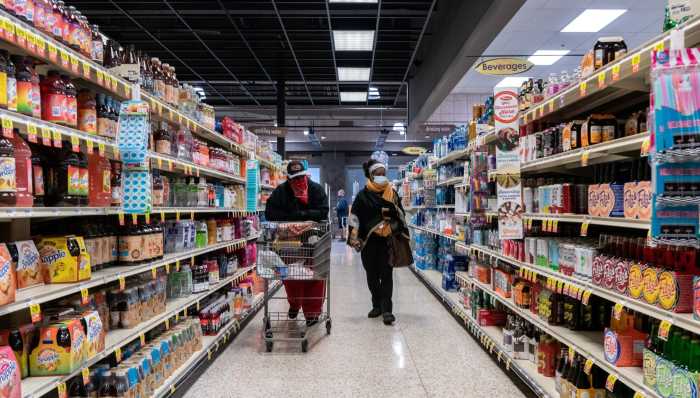SEPTA is no longer requiring riders to wear facial coverings, even though Philadelphia, in a move that sparked national headlines and debate, reimposed an indoor mask mandate Monday.
The authority ditched the rule late Monday night, after a Florida judge overturned a federal order requiring masks on public transportation, and authorities in Washington, D.C., indicated the mandate would no longer be enforced.
Officials in President Joe Biden’s administration have not ruled out the possibility of appealing the ruling.
PATCO, NJ Transit and Amtrak and many airlines were quick to make masks optional, though they are still necessary inside Philadelphia International Airport, in accordance with the city mandate.
The patchwork of regulations could prove confusing for travelers, who may be told masks are optional or required on different parts of the same trip.
SEPTA has mandated mask wearing since early in the pandemic, making it one of the few settings with a mandate even when the city relaxed restrictions.
“We are evaluating the implications of this latest ruling and will provide further clarity around masking on transit in Philadelphia when available,” a spokesperson from Mayor Jim Kenney’s administration said Tuesday afternoon in a statement. “This ruling does not impact the City’s mask mandate for certain indoor places.”
SEPTA has always planned to follow federal transportation guidance around masking, spokesman Andrew Busch said. It will continue to encourage riders to mask up based on health recommendations.
“That federal guidance is what we have to follow, as a regional public transportation provider,” he told Metro, adding that the authority provides service to the Pennsylvania suburbs, New Jersey and Delaware.
Busch said it would not be feasible to enforce different policies inside and outside the city. In addition, SEPTA leaders considered the safety of employees who would be tasked with monitoring mask use, with concerns about possible pushback from skeptical riders.
“Any potential health and safety benefits you were hoping to get from having people wear masks, we think that the potential of there being an escalated situation would certainly outweigh that,” he added.

Riders and employees inside stations and vehicles can go maskless, while SEPTA’s office and repair shop workers will need to adhere to the city’s mandate.
Philadelphia is the first major U.S. city to bring back its mask requirement following the Omicron spike, and the decision has generated intense controversy since being announced last week.
City health officials have stood behind the change, pointing to rising case numbers and hospitalizations.
“There are Philadelphians who are still at risk because of age, immunocompromising conditions or other factors that put them at higher risk,” Health Commissioner Cheryl Bettigole said Monday in a statement.
“We need to do whatever we can to make sure that our most vulnerable neighbors and loved ones stay safe,” she continued. “Each and every one of us has the ability to save lives today by putting our masks on and helping to stop the increase in cases.”
Over the past week, coronavirus-related hospitalizations have risen from 46 to 82, and the number of daily infections has jumped to 243, up from 142.
A group of businesses and residents is challenging Philadelphia’s mask mandate in a state appeals court, arguing that Bettigole and the Kenney administration are overstepping their power as local officials.
They have asked a panel of judges to issue an injunction, which would suspend the mandate while legal proceedings are ongoing; however, the court has yet to weigh in.



























